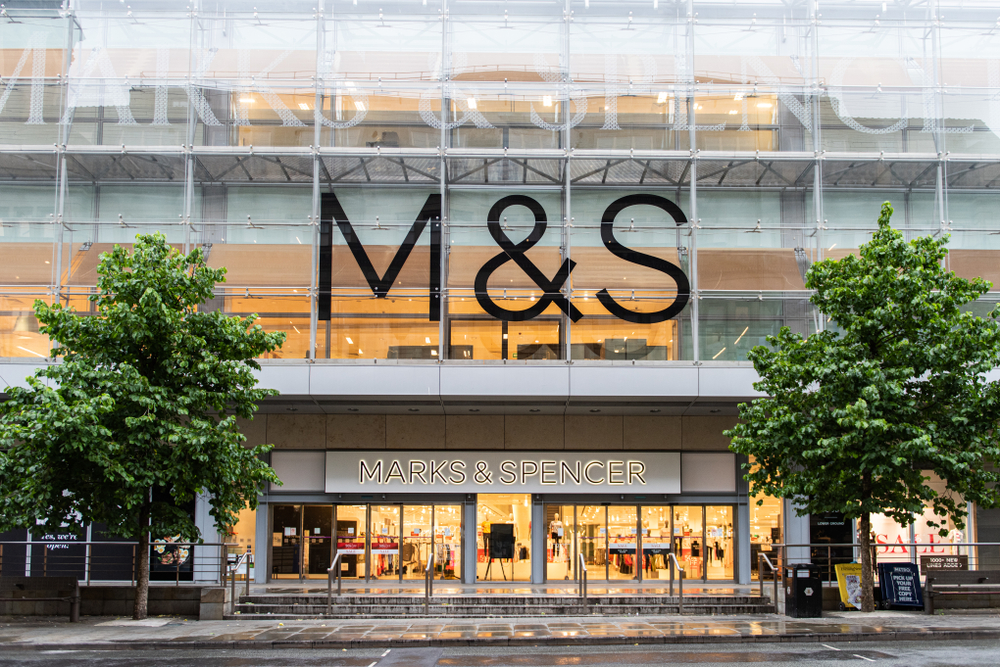Each year, InternetRetailing has an in-depth focus on the peak trading period. In part, that’s because it is the most important time of the financial year for many UK retailers. It’s also because shopping takes place at higher volumes in the run up to Christmas, meaning that any changes in customer behaviour are seen more clearly. Today we’re looking at the knock-on effects of Royal Mail strike action – and at what it means for retailers if shoppers follow through on survey findings that they won’t buy as much this year in a cost-of-living crisis.
Royal Mail prioritises faster delivery services as more strike days announced
Royal Mail has confirmed it’s been notified of more strike dates – and says that on the days it takes place it will prioritise faster deliveries.
The delivery company says trade union the CWU has notified it that further action is planned for Friday December 9, Sunday December 11, Wednesday December 14, and Thursday December 15 – following on from previous dates over the Black Friday period in November.
On the days when action is taking place, Royal Mail now plans to focus on delivering “as many Special Delivery and Tracked 24 parcels as possible,” as well as Covid-19 test kits and medical prescriptions, but it will not deliver other letters. It advises users to post items as far as possible ahea of strike dates,
It says: “Royal Mail has well-developed contingency plans, but we cannot fully replace the daily efforts of our frontline workforce. We’ll be doing what we can to keep services running, but we are sorry this planned strike action is likely to cause you some disruption.”
So how have delivery services kept up with postal volumes in the light of the strikes that we’ve already had?
Currys chief executive Alex Baldock has said that the electricals retailer has cut back its use of Royal Mail as a result. Baldock told the BBC’s Laura Kuenssberg programme on Sunday that the retailer now uses it for “relatively few, smaller parcels” since the business was “easily switchable to another provider”. He added: “There’s no great drama operationally for us. We plan for this sort of thing all the time.”
David Jinks, head of consumer research at parcel delivery comparison site ParcelHero, says: “So far, courier networks aren’t reporting any significant rise in delays from those usual at this busy time of year. Courier volumes are, on average, a little down on last Christmas, but still significantly up on pre-Covid Christmas levels. Some senders may be switching their deliveries from traditional Post Office services to courier networks to avoid the impact of planned strikes, but that isn’t stretching their alternative courier partners significantly.”
ParcelHero is also warning shoppers that it may be easier to lose track of orders – and thus potential return dates – amid this year’s disruption. However, should that happen Jinks points out that shoppers can still raise a chargeback via their bank, within 120 days of the original order.
ParcelHero is also running an updated list of retailers’ final order and mailing dates here.
Retailers risk being left with excess stock as shoppers cut back
Retailers risk being left with excess stock as customers cut back on their Christmas spending, new research suggests.
Inventory Planner questioned 2,000 UK adults and found that just over a quarter (26%) are cancelling Christmas altogether, while 49% are worried about being able to afford to buy presents this year, and a fifth (21%) plan to spend less this year than last. Almost one in six people (15%) said they plan to buy no presents at all to save cash, 17% are ditching the Christmas tree and 16% will go without a turkey.
Inventory Planner CMO Sara Arthrell says: “With more than a quarter of consumers cancelling Christmas this year, many retailers could be facing a nightmare in the New Year being stuck with excess stock and a recession looming. That is why good planning is vital.
“Excess stock is a problem because products start to decrease in value after a while. Among other things, goods can start to deteriorate and perish – go out of fashion, become redundant and more.
“It’s also dangerous for cash flow. With tough times ahead, cutting stock is a crucial strategic move for all brands, but deep discounting is not the optimal way to boost cash reserves – even though it is tempting to do so because shoppers want deals right now.”
Arthrell adds: “Some brands which have failed recently such as Made.com made the mistake of thinking that pandemic-fuelled demand would be permanent. During the Covid crisis, some brands could not get their hands on enough inventory and were overbuying to compensate – that’s put them in a tricky situation, as consumer spending has dropped, many have found themselves sitting on mountains of surplus inventory they can’t shift.
“That’s where technology comes in. Inventory planning provides accurate replenishment recommendations based on years of purchasing data so you are never under or overbought on inventory.”









